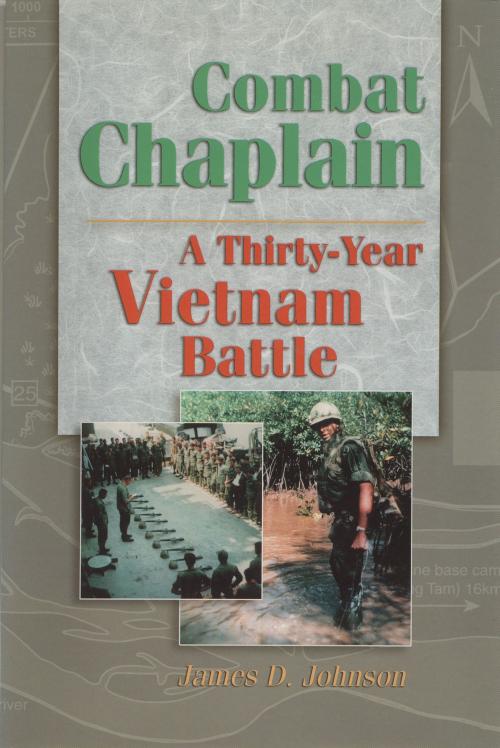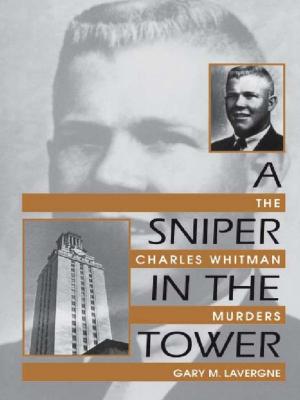| Author: | James D. Johnson | ISBN: | 9781574416268 |
| Publisher: | University of North Texas Press | Publication: | August 15, 2015 |
| Imprint: | Language: | English |
| Author: | James D. Johnson |
| ISBN: | 9781574416268 |
| Publisher: | University of North Texas Press |
| Publication: | August 15, 2015 |
| Imprint: | |
| Language: | English |
In 1967 Chaplain James D. Johnson chose to accompany his men, unarmed, on their daily combat operations, a decision made against the recommendations of his superiors. During what would be the final days for some, he offered his ministry not from a pulpit but on the battlefields—in hot landing zones and rice paddies, in hospitals, aboard ship, and knee-deep in mud. He even found time for baptisms in the muddy Mekong River. In Combat Chaplain, we live with Johnson as he serves in the field with a small unit numbering 350 men in the Mobile Riverine Force. "This is a very powerful true story, unique in its personal close-up of infantry and Riverine warfare, and the terrible human price paid by one battalion during eight months of the controversial Vietnam War. He shows that even men of God can come to despise the enemy for the evil that they do, while acknowledging that they, too, are God's creations. Chaplain Johnson's book should be required reading by national leaders before they consider whether to commit our troops to combat."—James P. Maloney, Major General, USA, Retired
In 1967 Chaplain James D. Johnson chose to accompany his men, unarmed, on their daily combat operations, a decision made against the recommendations of his superiors. During what would be the final days for some, he offered his ministry not from a pulpit but on the battlefields—in hot landing zones and rice paddies, in hospitals, aboard ship, and knee-deep in mud. He even found time for baptisms in the muddy Mekong River. In Combat Chaplain, we live with Johnson as he serves in the field with a small unit numbering 350 men in the Mobile Riverine Force. "This is a very powerful true story, unique in its personal close-up of infantry and Riverine warfare, and the terrible human price paid by one battalion during eight months of the controversial Vietnam War. He shows that even men of God can come to despise the enemy for the evil that they do, while acknowledging that they, too, are God's creations. Chaplain Johnson's book should be required reading by national leaders before they consider whether to commit our troops to combat."—James P. Maloney, Major General, USA, Retired















